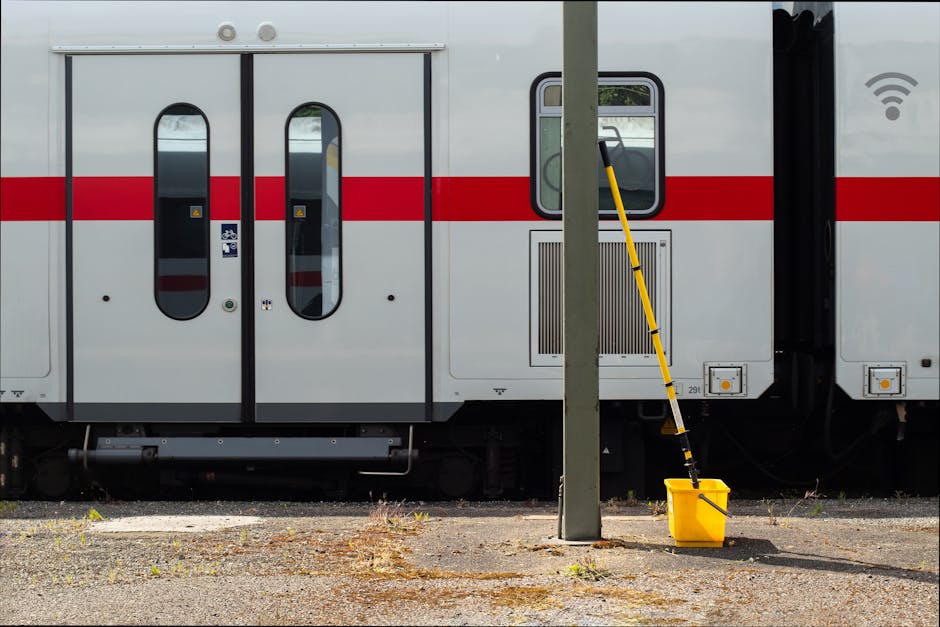
Impact on Transportation and Urban Planning
Introduction
Transportation plays a crucial role in defining the character and functionality of urban environments. Its evolution directly influences urban planning strategies, aiming to create cities that are sustainable, accessible, and livable.
How Transportation Affects Urban Planning
Effective transportation systems determine the layout of urban areas, affecting zoning, land use, and infrastructure development. Cities prioritizing sustainable mobility often incorporate elements like bike lanes, public transit, and pedestrian pathways to reduce congestion and pollution.
Smart transportation technologies, such as intelligent transport systems, enable urban planners to optimize traffic flow and enhance safety.
Urban Planning Challenges and Solutions
Rapid urbanization poses challenges like increased congestion and environmental impact. Incorporating green infrastructure and promoting mixed-use development are strategies that help create more resilient cities.
Future Trends
The future of urban transportation includes innovations like autonomous vehicles, electric mobility, and integrated urban infrastructure planning that prioritizes mobility and sustainability.
